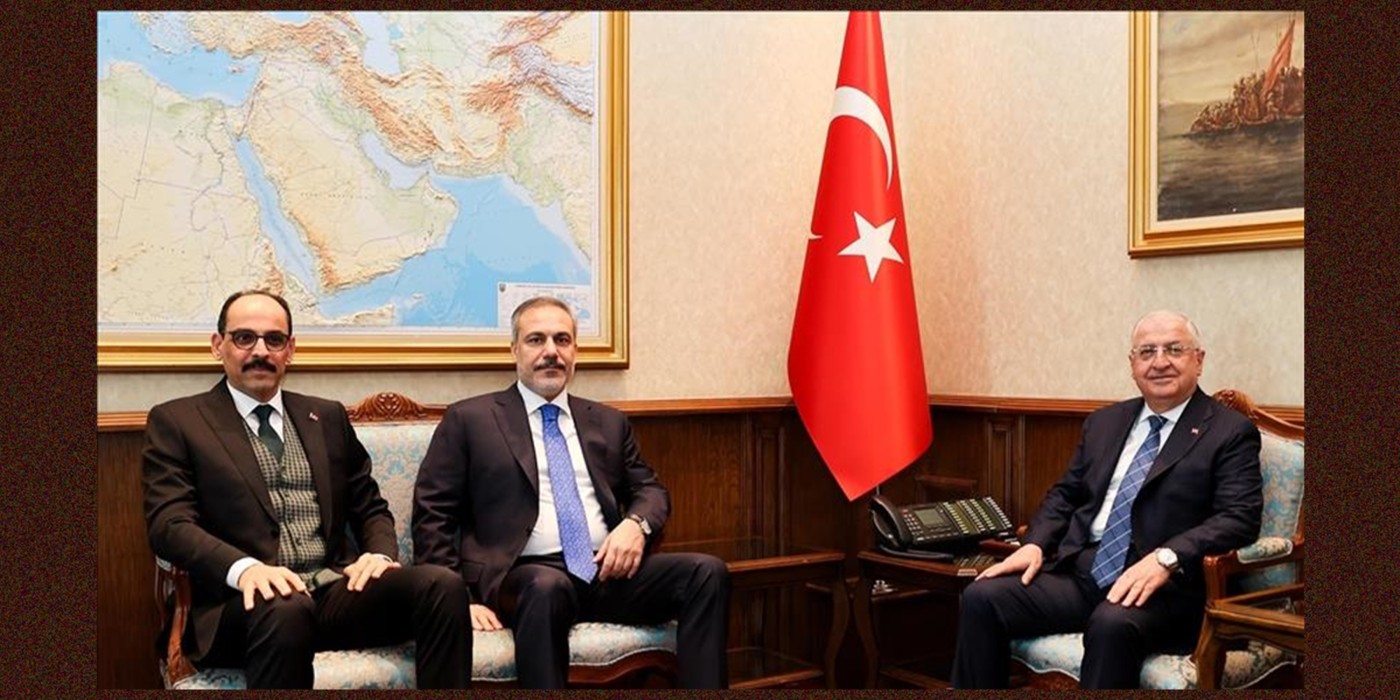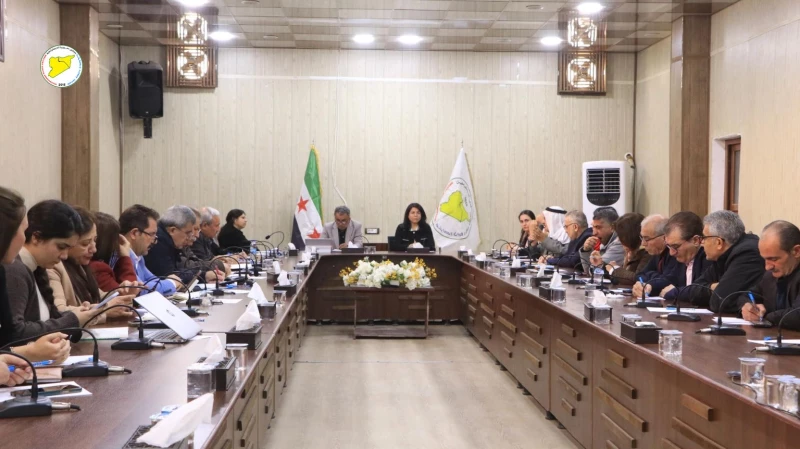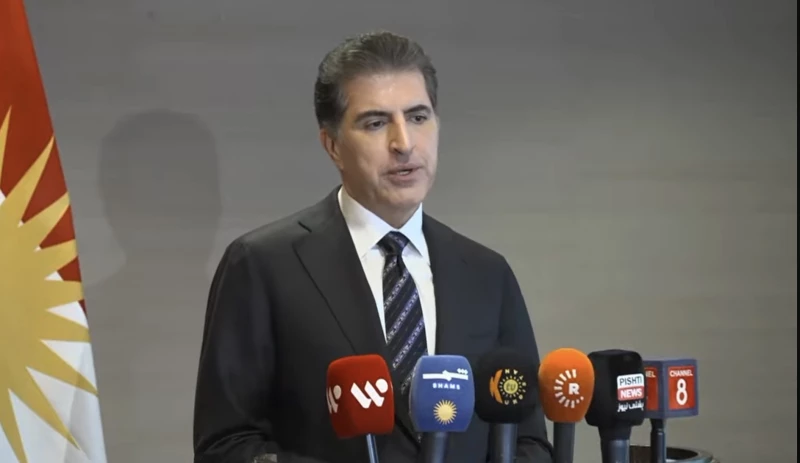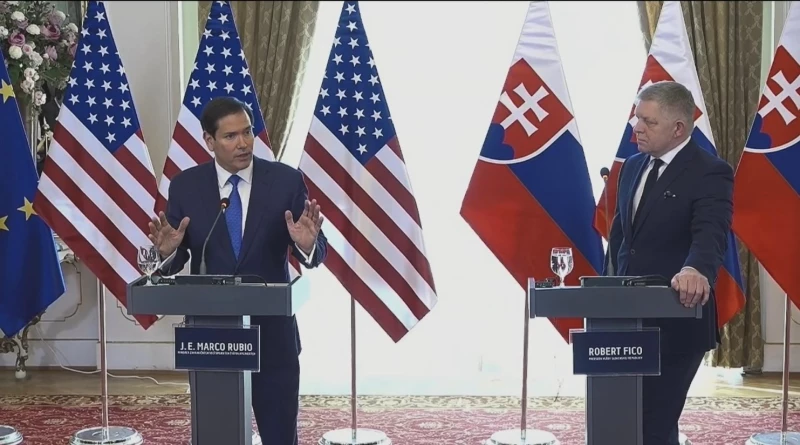ERBIL, Kurdistan Region of Iraq - Turkey’s intelligence chief, foreign minister, and defense minister on Monday held a meeting behind closed doors as the country’s president is set to visit Iraq later this month.
Turkish Defense Minister Yashar Guler hosted both Foreign Minister Hakan Fidan and National Intelligence Organization (MIT) chief Ibrahim Kalin, Turkish state media reported, without enclosing more details about the context of the meeting.
Turkish state owned Anadolu Agency reported that the meeting came after Turkish President Recep Tayyip Erdogan last week said that they aim to resolve security issues on their borders with Iraq and Syria.
“Hopefully, this summer we will have permanently resolved the issue regarding our Iraqi borders,” Erdogan said on March 4.
The Turkish president further added that their aim is “to create a 30-kilometer-deep security corridor along the Syrian border”.
The meeting and Erdogan’s statements come as the Turkish president is set to visit Baghdad later in the month and meet with Iraqi Prime Minister Mohammed Shia al-Sudani.
“Mr. Erdogan will pay a visit to Baghdad, a visit of considerable significance,” Security Policies Advisor to the Iraqi Prime Minister, Khalid al-Yaqobi told the New Region earlier this month, adding that Iraq intends to resolve issues with Turkey through diplomacy.
According to recent data from Iraqi Minister of Interior, Turkish forces have advanced between 15 to 20 kilometers into Iraqi territory.
Turkey has for years launched several rounds of an operation dubbed Claw Operation against positions of the Kurdistan Workers’ Party (PKK) in the Kurdistan Region. The latest in the series of operations was launched in April 2022, dubbed Operation Claw Lock, which aims to end the group’s presence in the region.
The PKK is an armed group that has fought for increased Kurdish rights in Turkey for decades, the group, designated as a terrorist organization by Ankara, uses mountainous areas of the Kurdistan Region as shelter and often engages in direct armed conflict with Turkey.
Turkey has on several occasions carried out aerial strikes claiming to be targeting the group’s positions in the Kurdistan Region, and have caused civilian casualties multiple times, despite Ankara’s denial.
Erdogan in February expressed concern over the alleged Patriotic Union of Kurdistan (PUK) support for the PKK, claiming that his government has repeatedly brought up the issue and given warnings.
“We may be tolerant of many issues, but if the issue is our survival and national security, we will close the doors of tolerance and do whatever is necessary,” Erdogan told reporters.
The Turkish President’s statement came three days after he told his cabinet that they will be taking “more effective measures” against the PKK, and just over a week after Turkish Defense Minister Yashar Guler visited Erbil and Baghdad and met with Kurdish and Iraqi officials.
The PUK soon refuted the statements, saying “allegations of aiding the PKK are baseless”.
The Turkish government blames the PUK for having strong relations with the Syrian Democratic Forces (SDF) and its military backbone, the People’s Protection Units (YPG), which Ankara labels to be the Syrian wing of the PKK despite the group on several occasions claiming that they only share ideology with the PKK.



 Facebook
Facebook
 LinkedIn
LinkedIn
 Telegram
Telegram
 X
X


